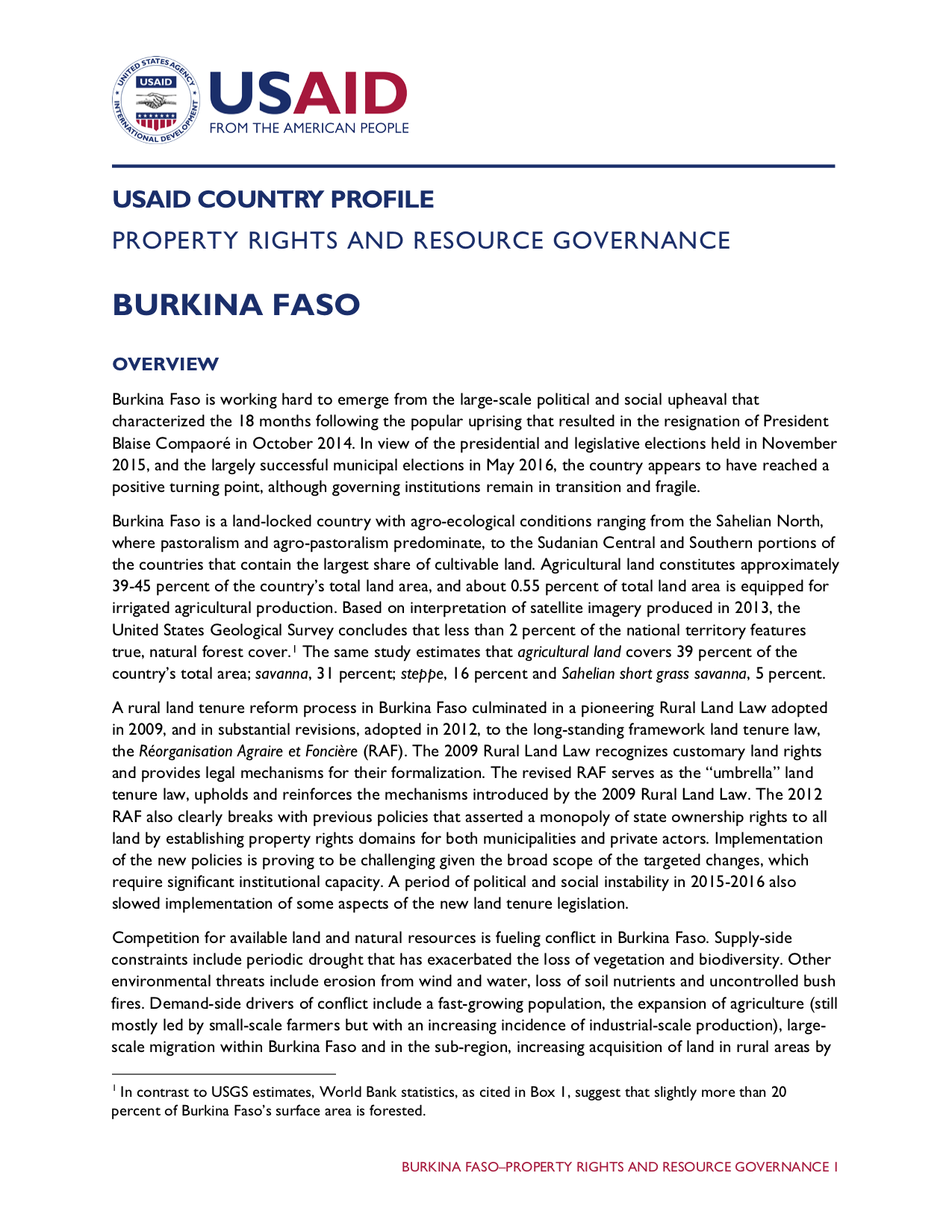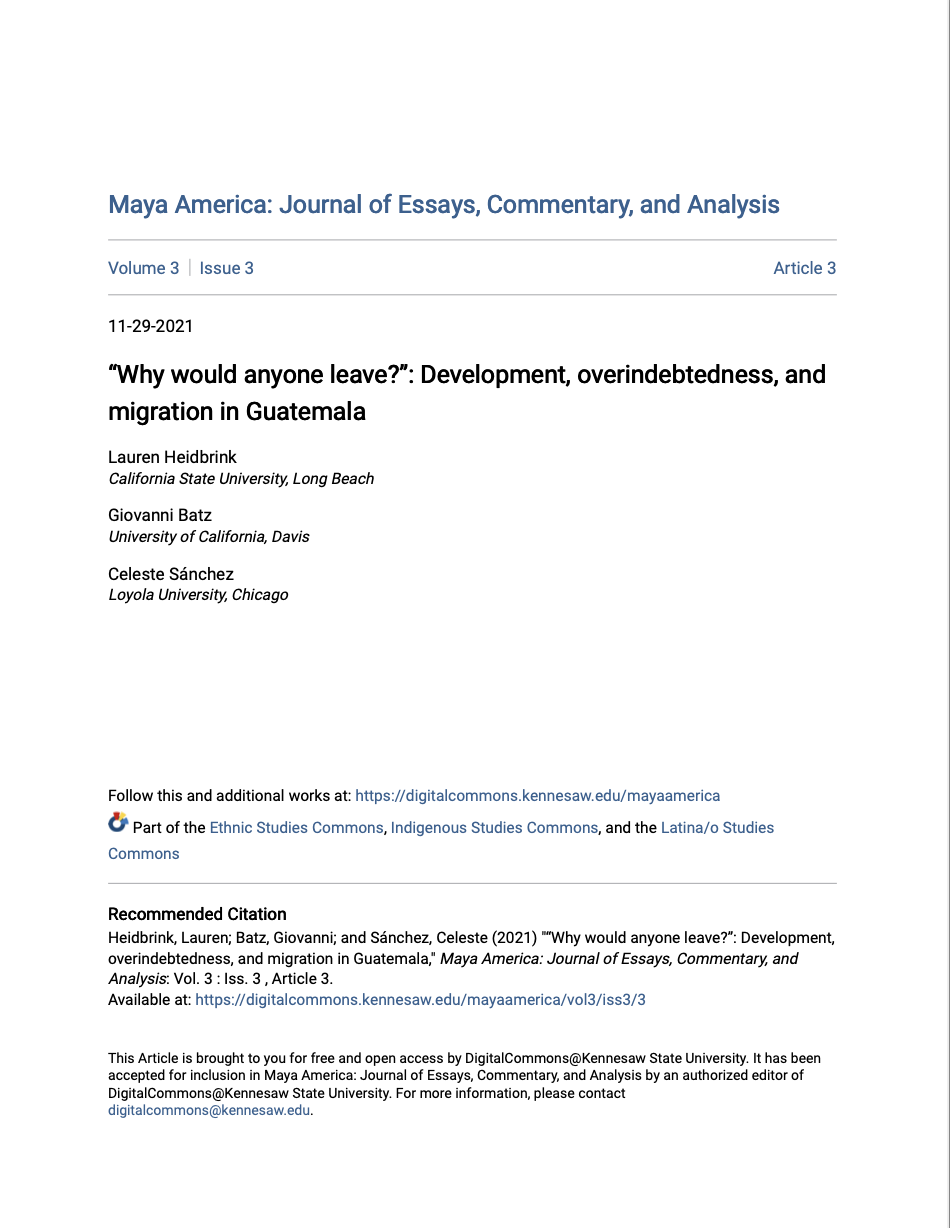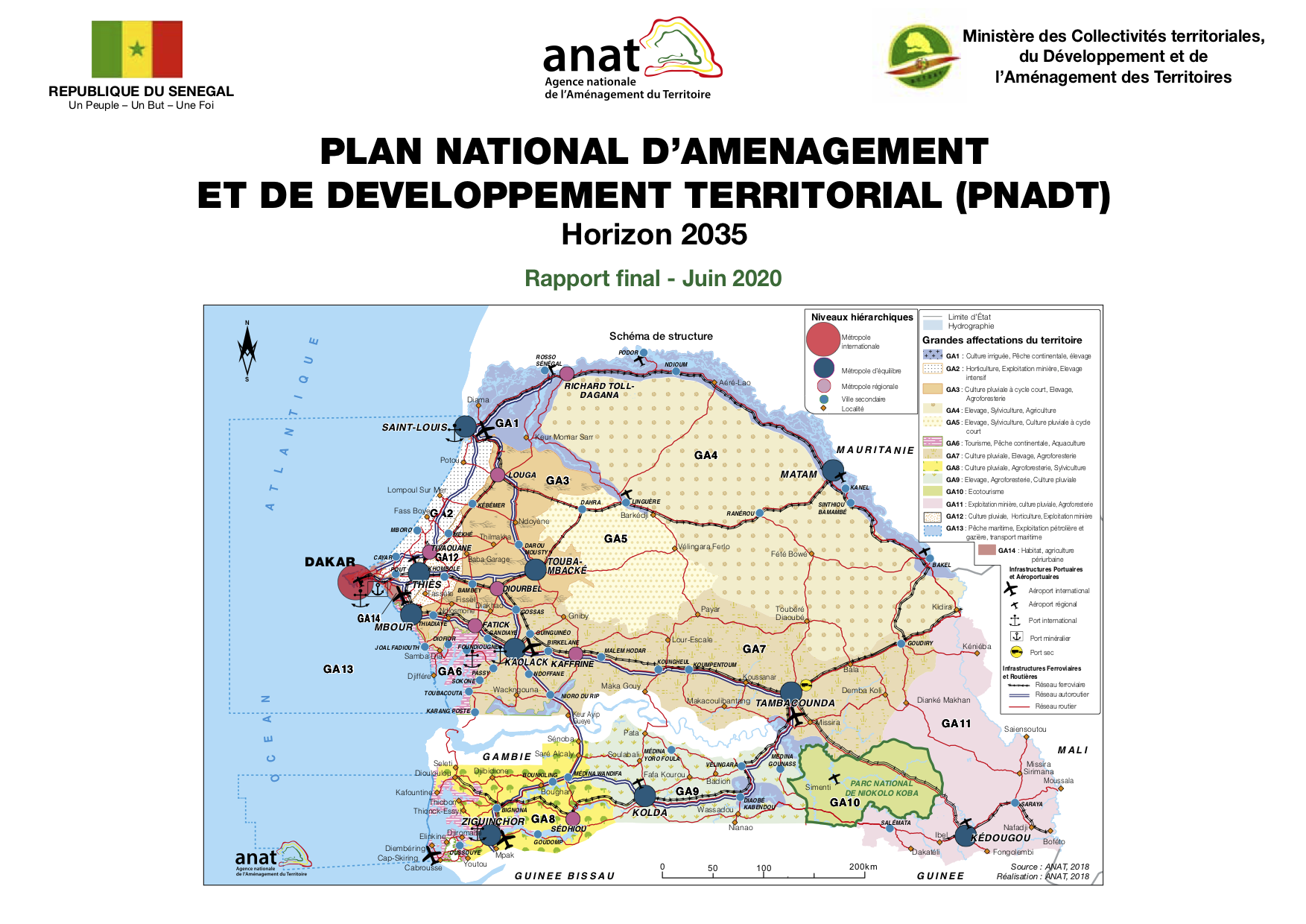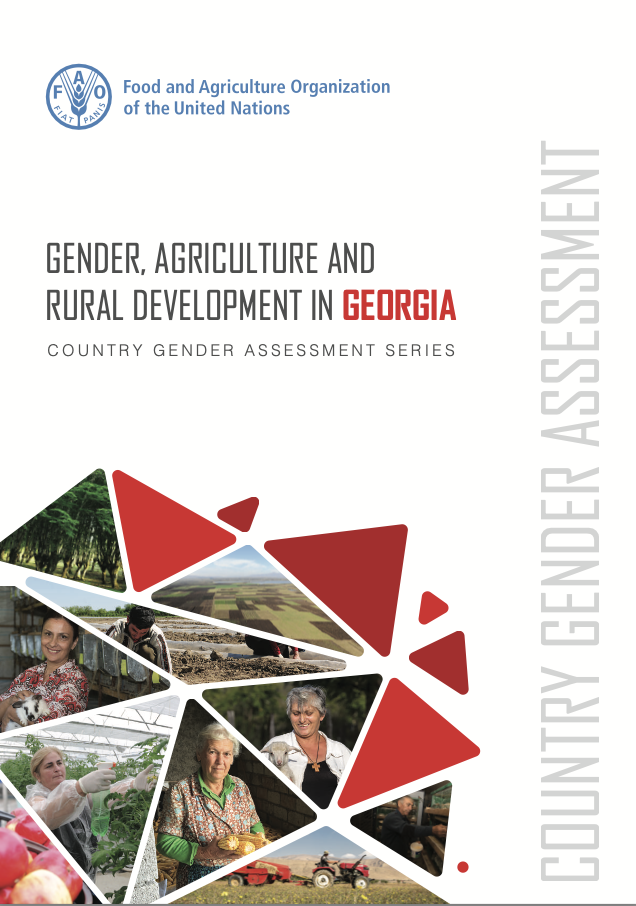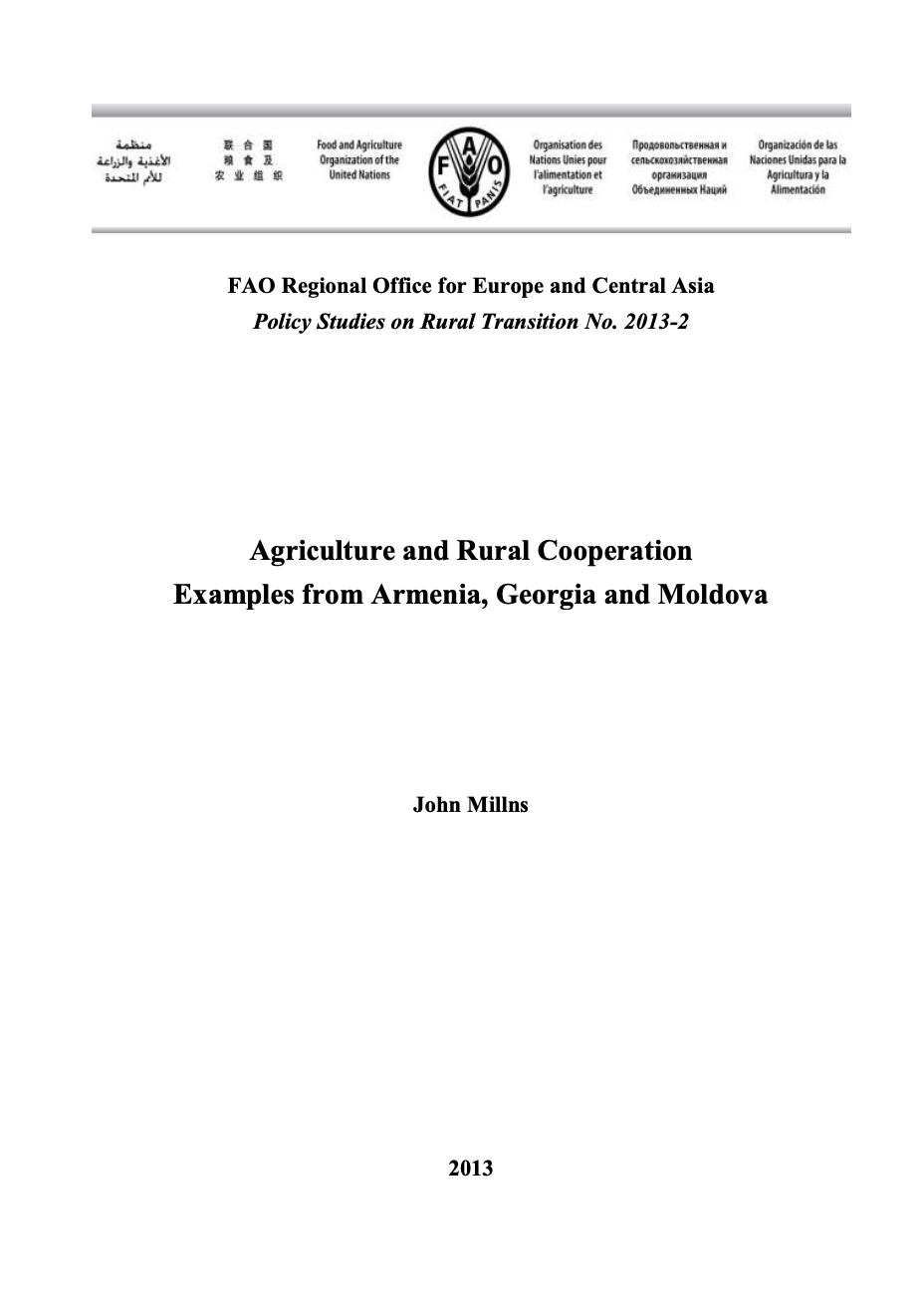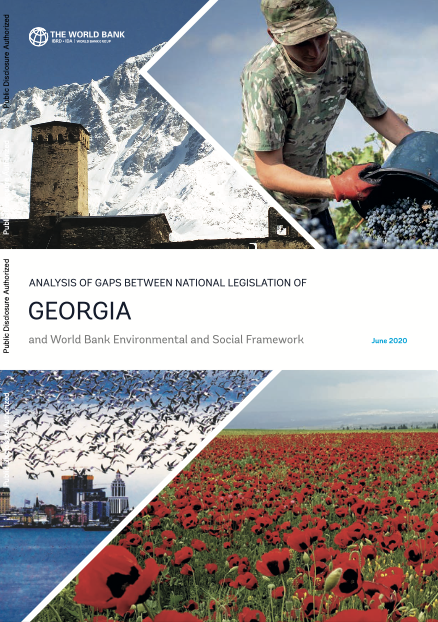USAID Country Profile: Property Rights and Resource Governance - Burkina Faso
Burkina Faso is working hard to emerge from the large-scale political and social upheaval that characterized the 18 months following the popular uprising that resulted in the resignation of President Blaise Compaoré in October 2014. In view of the presidential and legislative elections held in November 2015, and the largely successful municipal elections in May 2016, the country appears to have reached a positive turning point, although governing institutions remain in transition and fragile.

